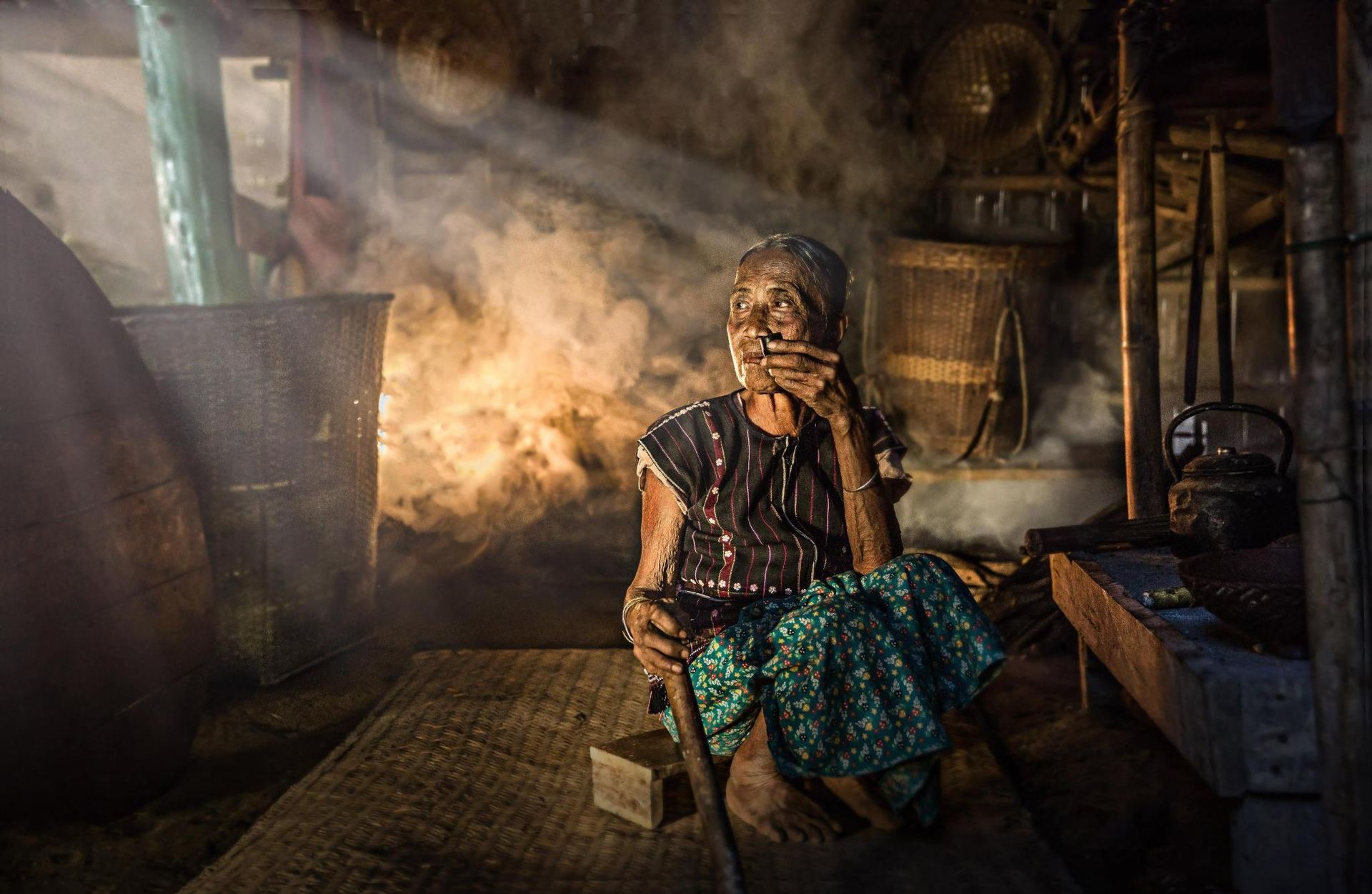© This article is an extract from Paul Hattaway's epic 656-page China’s Book of Martyrs, which profiles more than 1,000 Christian martyrs in China since AD 845, accompanied by over 500 photos. You can order this or many other China books and e-books here.
1900 - Harry Norman
June 2, 1900
Yongqing, Hebei
Harry Norman.
Harry Norman in his youth was not thought of as a likely martyr for Jesus Christ. The son of a labourer, he grew up at Portland, near Weymouth in the south of England. After his school days ended, he commenced work as an apprentice carpenter. Gradually his heart was attracted to overseas missionary work, but he was uncertain how to proceed. The Dorset Missionary Studentship Association heard about Norman’s dreams and helped them become a reality by sending him to Warminster, where from 1888 to 1890 he attended St. Boniface College, the same place as Charles Robinson, whose life was to become intricately intertwined with Norman’s in life and in death. While at college, Norman took some courses in medicine and showed such aptitude that he enrolled in a more advanced medical course at Salisbury Infirmary. This training later proved invaluable in China.
In the summer of 1891, Norman arrived in China’s Shandong Province. The next year he moved to Beijing, where he spent the next five years working in the Christian boys’ school. His selflessness and compassion for the children was boundless, and there were many stories of how his loving acts changed his students’ lives. On one occasion a young boy smashed his leg while jumping from a wall, resulting in it being amputated below the knee. The operation was so complicated that there was a strong chance the boy would die during the procedure. Harry Norman did everything possible to help the boy, even though the missionary himself was ill at the time. Doctors advised Norman to travel to the coast to recuperate from his illness. He delayed the journey, waiting for an opportunity to travel with the boy. A fellow missionary later said:
“There, in a cart ready to go with us to the station, was the little one-legged schoolboy, so weak that Mr. Norman carried him in his arms from the cart to the train, from the train to the steamer, and from the steamer’s side…to the mission house. He saved the boy’s life, and he returned a bonny, healthy boy, on crutches made by Mr. Norman himself, and is now married and living happily at home.”[1]
On another occasion Norman took a boy who was considered a ‘no-hoper’ by his teachers, and personally trained him as a carpenter, paying the boy’s expenses in the process.
In 1897 Harry Norman relocated to the town of Yongqing in Hebei Province. That autumn Charles Robinson, with whom he had formed a strong friendship, joined him. In a single year (1898) the number of communicants in the Yongqing Church increased by 25% due to the missionaries’ indefatigable efforts.
Throughout May, 1900, the Boxer threat constantly increased. Norman and Robinson were urged to flee to safety, but “the former refused, and the latter expressed his determination to stick to his comrade.”[2] When the Boxers launched their attack Robinson was killed instantly, while Harry Norman managed to get outside the city, where he was captured. One account said:
“For twenty-four terrible hours he lived to bear witness how a Christian could face death; and then was released from captivity and from life, and passed to his reward in heaven. His body was hurriedly buried under a tree, not far from the spot where he was murdered, and there it is to-day, with that of Charles Robinson and one of our native catechists alongside of it, in a portion of ground which will for long years to come be the Christian cemetery of the Yongqing Church. May their example help us to be more like them!”[3]

1. Forsyth, The China Martyrs of 1900, 14-15.
2. Forsyth, The China Martyrs of 1900, 17.
3. Forsyth, The China Martyrs of 1900, 18.




